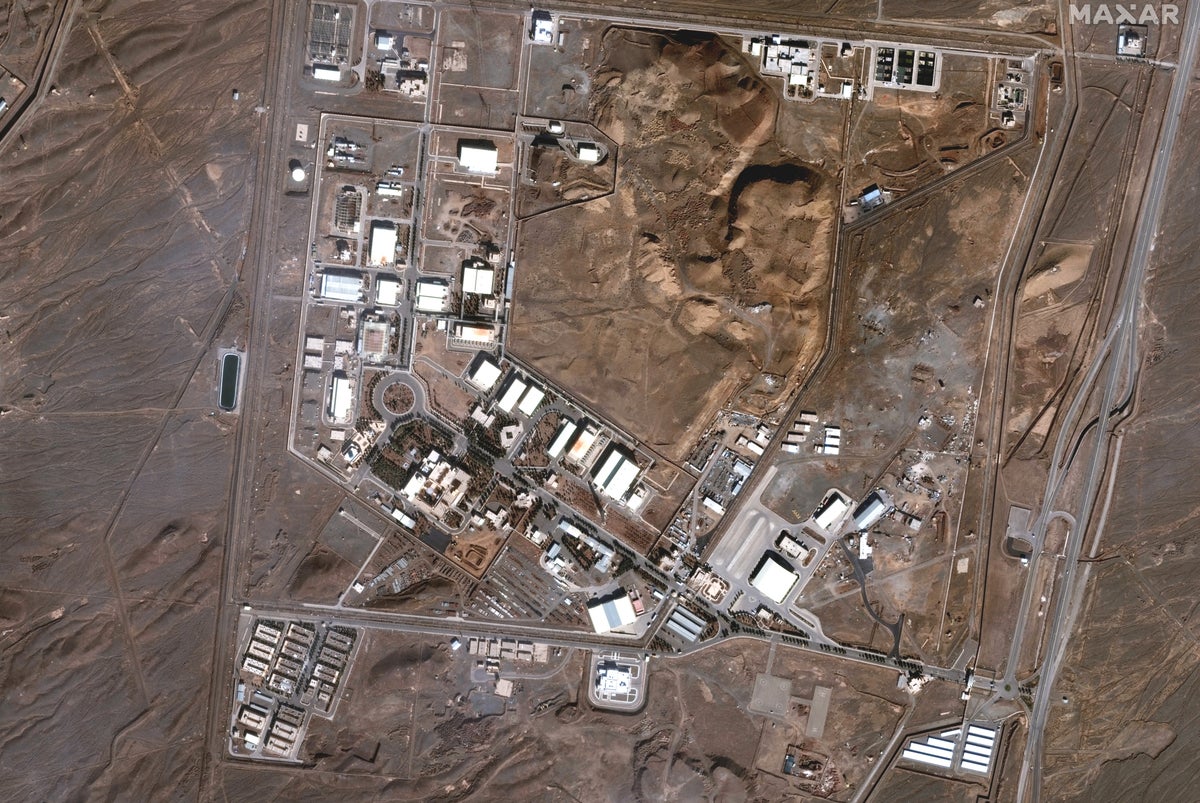Why getting revenge on your work nemesis might not be a good idea

Ever given someone the cold shoulder at work because you felt they slighted you in a meeting? Or maybe you daydream about ways to retaliate on the person who got the promotion instead of you? Whether it’s carried out or not, the desire for revenge is hardwired into our brains, says James Kimmel Jr., author of The Science of Revenge: Understanding the World’s Deadliest Addiction—and How to Overcome It and founder of the Yale Collaborative for Motive Control Studies.
“Evolutionary psychologists have a leading theory that humans began finding revenge pleasurable as part of the ice age,” he explains. “It’s part of an adaptive strategy to cause people to comply with or obey with social norms of the community.”
During that time, missteps included stealing food or spouses—things that threatened the ability to survive and procreate. In modern times, though, revenge seeking is not based on survival. Instead, it’s triggered when someone wrongs us, initiating a fight-or-flight, self-defense mechanism.
“This once adaptive strategy of revenge seeking has now become often a pathological strategy,” says Kimmel. “Slights, insults, humiliation, shame, betrayal—those are the types of things we’re willing to punish or even kill each other for. It’s more like a disease because we’re not using it to probate. We’re using it to destroy relationships without regard to the original reasons we have this behavior in our repertoire as part of human evolution.”
Revenge in the Workplace
Kimmel says we move through life with a mental courtroom inside our heads, endlessly putting people on trial who insult, wrong, humiliate, shame, or betray us. “Often the people who caused that sense of victimization don’t know about it,” he says. “Sometimes it’s intended, but sometimes it’s not.”
Intention, however, doesn’t matter. At a biological level, the brain’s pain network is activated, and the response is to equalize itself. It activates the reward and pleasure circuitry, triggering a desire for revenge.
At work, revenge often comes in a form of social rejection, such as excluding someone or giving them the cold shoulder, says Kimmel. “I’m going to withdraw my attention,” he says. “I’m no longer going to gratify your need to feel part of my group. It’s a retaliatory strategy.”
Social isolation can be painful and effective, but Kimmel says it’s a passive-aggressive strategy that can bring about a retaliation response from the other person where behaviors can escalate. For example, it can eventually become the direct sabotage of company projects or another person’s work or anonymous online attacks a coworker or a superior you feel that has harmed you. It can even turn into workplace violence.
The Risks of Revenge-Seeking
Revenge is not best thought of as an emotion. It’s a motivational drive, says Kimmel. “In our brains we have the prefrontal cortex that is our executive function and self-control circuitry,” he says. “It’s there to prevent you from doing things that harm yourself or others. If you move into that point where you can’t control it—you can’t resist that urge—you can start engaging in retaliatory behavior in the workplace.”
While a revengeful action may feel good in the moment, it comes with risks, says Kimmel. First, you’re harming a relationship that is probably still valuable to you.
“It’s a double-edged sword,” he says. “As you’re trying to hurt the other person, you’re almost invariably hurting yourself. Revenge seeking delivers pleasurable dopamine, but it’s short lived. You’re often left in greater pain than when you started, which can lead to wanting to seek more revenge.”
The risks can also become bigger, such as losing your job, losing valuable contacts in the company, and losing your reputation. “Those types of experiences can bleed over to your personal life,” says Kimmel. “All of a sudden, everything you worked for is slowly being undermined or destroyed by an inability to control these revenge desires.”
A revengeful person in the workplace is often thought of as a hot head. “It’s not about somebody who’s evil,” says Kimmel. “It’s somebody who’s dealing with powerful revenge desires that are actually an addiction.”
Circumventing the Revenge Response
One of the best ways to tamp down the urge for revenge is something else humans are wired for: forgiveness.
“Neuroscience shows that when you just imagine forgiving a grievance, it reverses the entire grievance-revenge-seeking process and shuts down the pain network,” says Kimmel. “It takes away the fantasies you’re having about how to get back at the person.”
Forgiveness is often considered a sign of weakness, but Kimmel says it’s a sign of self-healing. It reactivates your prefrontal cortex executive function and self-control strategy, allowing you to regain control over your behaviors so you don’t do things to hurt yourself or others.
“You can use it anytime and as often as you want,” says Kimmel. “Close your eyes and imagine what it would feel like to forgive. Most people say they would feel better, lighter, and like a weight came off their shoulders. They can leave it in the past and go forward.”
If you’re in a toxic workplace, you’ll need to remove yourself to be happy and healthy. Once the present threat is in the past, it’s a memory you can no longer experience. Punishing someone or seeking revenge for it, brings the memory into your present and future, day after day.
“If one of your goals in life is to have a successful career and workplace experience, you’re going to want to forgive,” says Kimmel. “A Harvard study showed that winners don’t tally; they don’t seek revenge. People who choose not to punish but to forgive and move on almost invariably win the game. People who are given the opportunity to punish and take it lose the game. We’re always losers when we seek revenge.”
What's Your Reaction?
 Like
0
Like
0
 Dislike
0
Dislike
0
 Love
0
Love
0
 Funny
0
Funny
0
 Angry
0
Angry
0
 Sad
0
Sad
0
 Wow
0
Wow
0





























































































